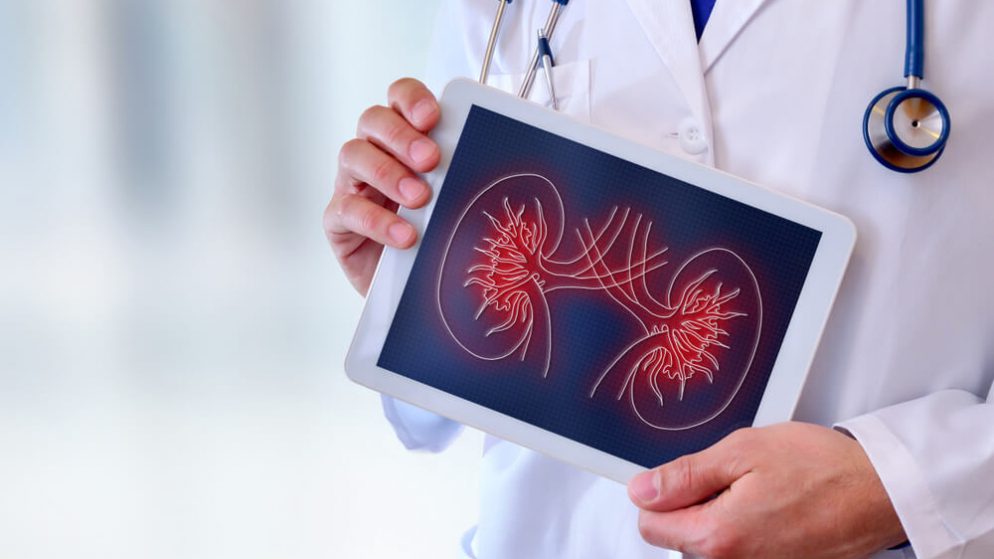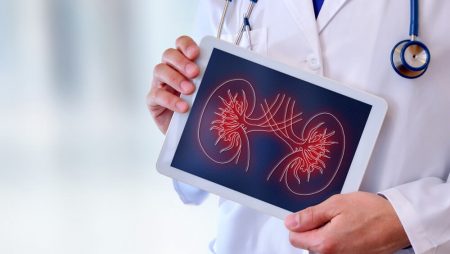



Get new exclusive access to healthcare business reports & breaking news




The kidneys purify blood by filtering waste and excess substances. Their pivotal role becomes unmistakably clear when they fail, leading to end-stage renal disease (ESRD), where the kidneys can no longer function effectively.
With kidney failure’s global rise, largely due to increasing cases of diabetes and hypertension, understanding its treatment options is critical. It’s important to note that each patient’s journey with kidney failure is distinct, calling for a tailored approach to care.
This article will discuss the treatment options for kidney failure, from dialysis to transplant.
Dialysis is a life-sustaining medical procedure that replicates some of the primary functions of the kidneys. When the kidneys are compromised or have failed, dialysis becomes pivotal, ensuring the body can maintain fluid and electrolyte balance. Doing so helps remove waste products and excess fluids from the bloodstream, providing a vital service to those with advanced kidney disease.
According to apac.mykidneyjourney.com, dialysis is one of the two methods of treating stage 5 chronic kidney disease. This can be done using two main types of dialysis: Hemodialysis and Peritoneal dialysis. Hemodialysis involves circulating the patient’s blood outside the body through a machine, which filters out toxins before returning the cleaned blood. On the other hand, Peritoneal dialysis uses a fluid inserted into the patient’s abdomen to capture waste, which is later drained out.
However, like all medical procedures, dialysis has its pros and cons. One of its key advantages is that it can extend life and improve its quality for those with severe kidney failure. It also provides a temporary solution for those waiting for a kidney transplant. Conversely, the process can be time-consuming, requiring multiple weekly sessions, and may lead to potential complications like infections or blood clots.
A kidney transplant is a surgical procedure where a healthy kidney from a donor is placed into a person with a non-functional kidney. This procedure can offer a longer, more active life than dialysis, especially for younger patients. It’s the closest solution to replicating the full functionality of natural kidneys.
The sources of kidneys for transplantation can be either living or deceased donors. Living donors are typically the recipient’s family members or close friends, but some altruistic donors give kidneys without a specific recipient in mind. Deceased donors are individuals who have passed away but had previously consented to organ donation, ensuring their organs can give life even after their demise.
Yet, kidney transplants are not devoid of challenges. On the plus side, recipients often experience a higher quality of life post-transplant than long-term dialysis. They enjoy fewer dietary restrictions and more energy. However, transplant recipients must take immunosuppressive drugs for life, which can have side effects and increase the risk of certain infections. Additionally, there’s always a risk of the body rejecting the new organ.
Stem cell therapies are at the forefront of groundbreaking medical innovations, offering potential solutions for many ailments, including kidney failure. Stem cells, given their ability to transform into various cell types, can repair or replace damaged kidney tissue, thus restoring some or even all of their function. This regenerative potential can redefine the way kidney failure is treated in the future.
Many research and clinical trials focus on stem cell therapies for kidney diseases. Some studies have shown promising results, with stem cells enhancing healing or generating functional kidney cells. This offers hope for patients reliant on dialysis or awaiting a kidney transplant.
Bioartificial kidneys represent a fusion of living kidney cells with synthetic materials to emulate the filtration functions of natural kidneys. These devices aim to provide patients with a continuous, wearable, or implantable solution, eliminating the need for regular dialysis sessions or potentially even transplants. The goal is clear: replicate the kidneys’ intricate functions outside the human body, offering patients a longer and better quality of life.
Regarding technological advancements and research, the journey towards a fully functional artificial kidney is ongoing. Various prototypes have been developed, some even reaching clinical trials. Progress in microelectronics, nanotechnology, and cellular biology has accelerated these innovations, bringing scientists closer to realizing the dream of a fully functional artificial kidney.
A comprehensive approach to managing kidney disease often pivots on dietary considerations. The foods consumed can directly impact kidney function, influencing the progression of the disease. For patients with kidney complications, adhering to a tailored diet can help alleviate symptoms, minimize toxin buildup, and potentially slow disease progression.
Several dietary changes are often recommended for those with kidney disease. These include limiting sodium, potassium, and phosphorus intake, monitoring fluid consumption, and adjusting protein levels. Maintaining a healthy weight, managing blood sugar and cholesterol, and reducing saturated fats are essential for kidney care.
A specialized renal dietitian can provide personalized guidance, ensuring that nutritional needs are met while promoting optimal kidney health. Their expertise is invaluable in navigating the complexities of kidney-friendly nutrition.
When faced with kidney disease, individuals often look beyond traditional medicine, exploring alternative therapies as complementary treatments. These methods can serve as additional avenues to optimize well-being and address various symptoms associated with the disease.
Embracing these alternative therapies while ensuring they align with primary treatments can offer kidney patients a more holistic approach to managing their health journey.
Navigating the realm of kidney failure treatments, from conventional methods to groundbreaking innovations, provides hope to countless individuals. Embracing medical advances and holistic approaches, like diet and alternative therapies, offers a comprehensive path to improved health.
As science and medicine evolve, the promise of more effective treatments is on the horizon. It’s a collective journey where patients and healthcare providers collaborate, aiming for a brighter, healthier future.